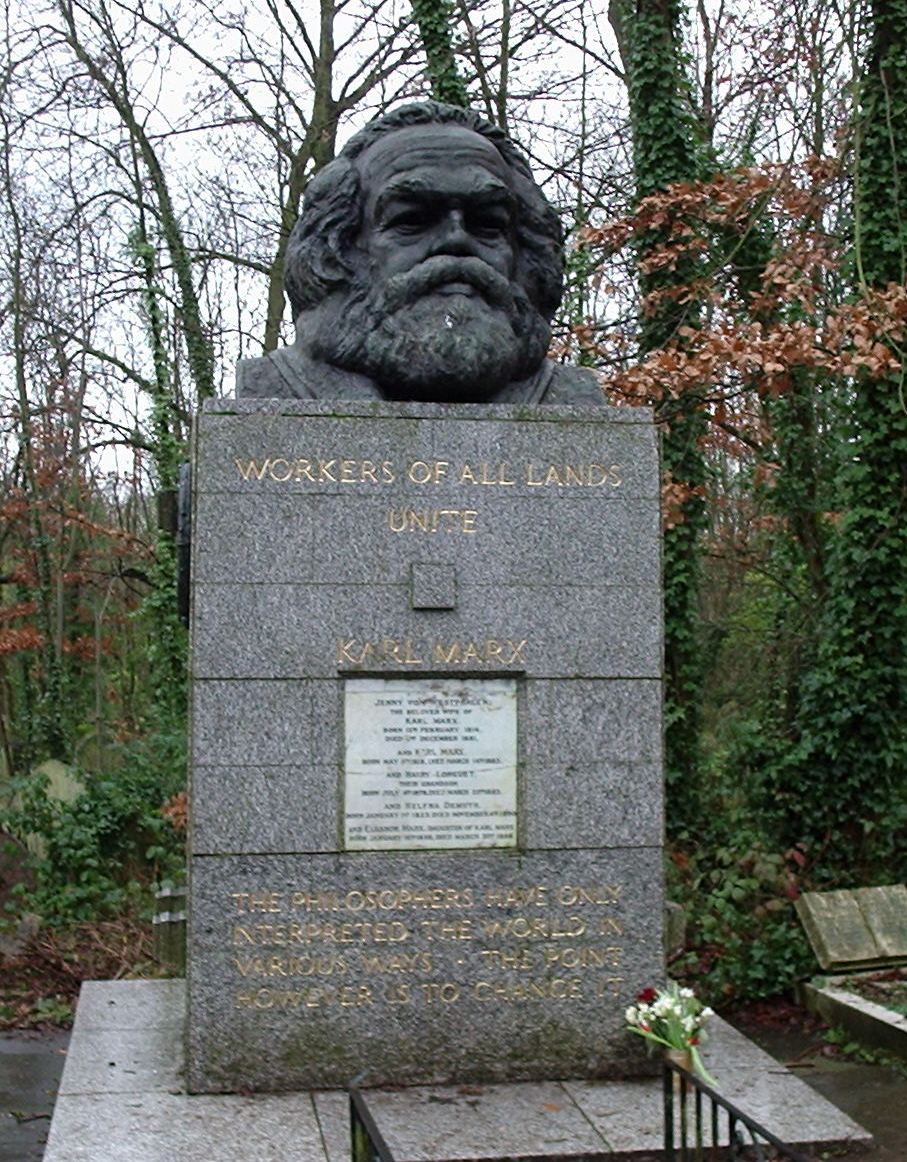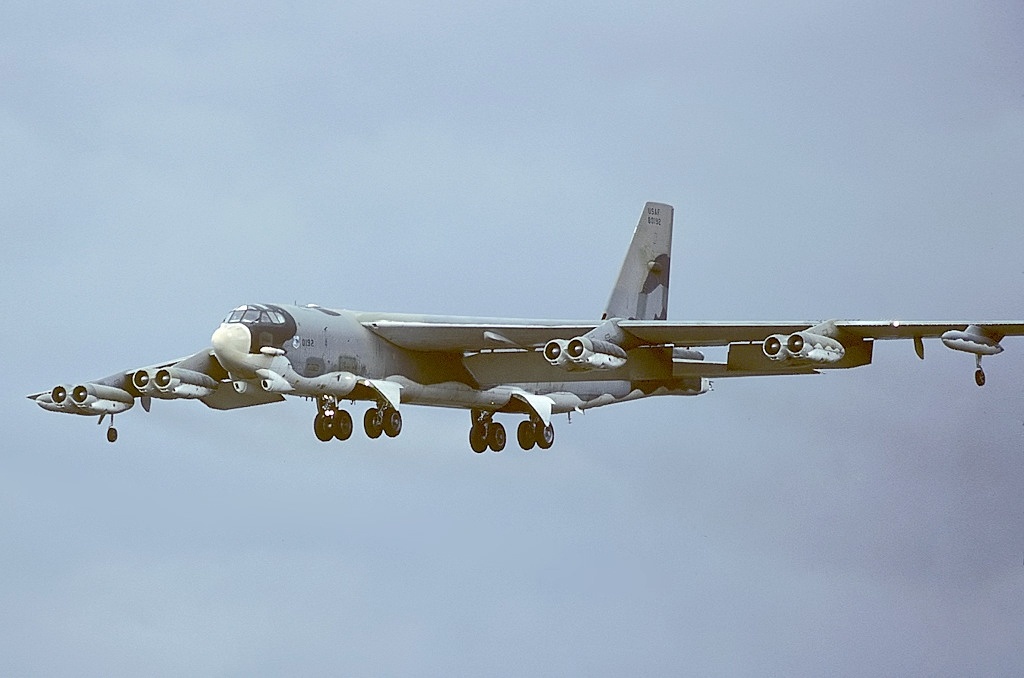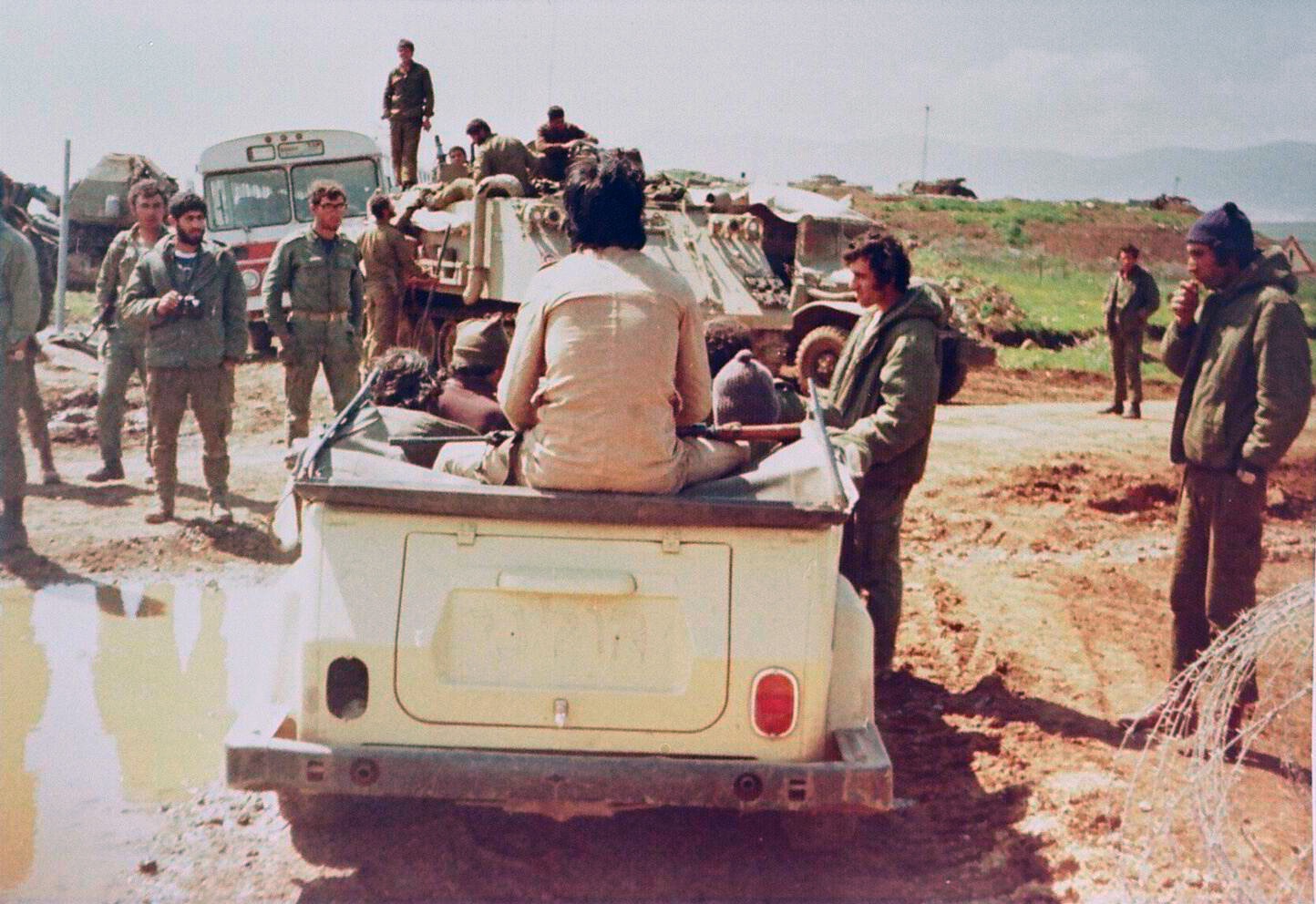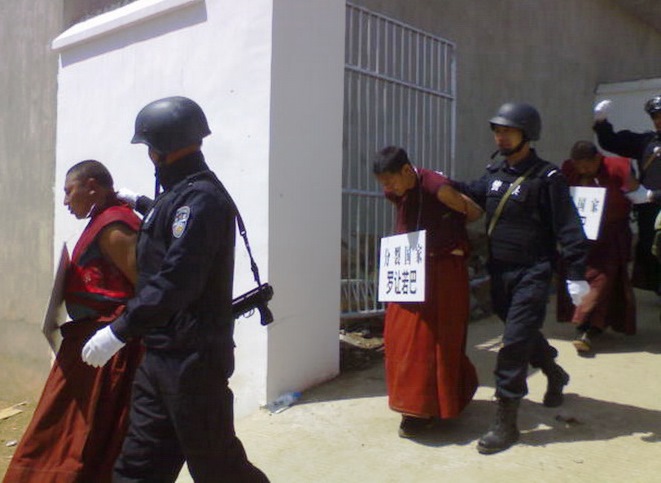
Today in Labor History March 14, 1883: Karl Marx died at age 64.
March 14, 1914: The United Farmers of Ontario was founded on this date at Toronto’s Labor Temple.
Today in Labor History March 14, 1944: TWU organized Philadelphia transit workers into local 234.
1950s-1960s

Today in Labor History March 14, 1954: Salt of the Earth premiered. The film depicted the 1951 strike of Mexican-American workers at the Empire Zinc mine, in New Mexico. The film was one of the first to portray a feminist political point of view, particularly through Actress Rosaura Revueltas’s role as Esperanza Quintero. LGBTQ and labor activist Will Geer also played in the film. Writer Michael Wilson, director Herbert Biberman and producer Paul Jarrico had all been blacklisted for their alleged communist ties. Only 13 of the 13,000 theaters in the U.S. showed the film.

March 14, 1961: U.S. Air Force B-52 bomber crashed near Yuba City, California carrying two nuclear weapons. According to the official report, the aircraft experienced an uncontrolled decompression that required it to descend to 10,000 feet in order to lower the cabin altitude. However, the crew was also high on speed and exhausted from a 24-hour flight just before the accident. None of the crew died, but a firefighter on the ground did. Fortunately, the weapons’ multiple safety interlocks prevented a nuclear explosion and the release of radioactive material.
1970s-1980s

March 14, 1978: Israel Defense Forces launched Operation Litani, a seven-day invasion and occupation of southern Lebanon. They were retaliating for the Coastal Road massacre, near Tel Aviv, by Lebanon-based Palestinian militants. Up to 2,000 Lebanese and Palestinian fighters and civilians died, as did 20 Israeli soldiers. The conflict displaced 250,000 Lebanese civilians. The United Nations Security Council adopted 2 resolutions calling on Israel to immediately withdraw from Lebanon.
Today in Labor History March 14, 1982: The South African government bombed the headquarters of the African National Congress in London. They did it in retaliation for ANC attacks in South Africa and to show their displeasure with the British government.
2000s

March 14, 2008: Riots, protests and demonstrations broke out in Lhasa over the Chinese government’s persecution of Tibetans. The protests spread across the Tibetan plateau, including counties outside the designated Tibet Autonomous Region. Chinese police used electric prods, tear gas and live ammunition, according to Human Rights Watch. An estimated 235 protests occurred from March until the end of October 2009.